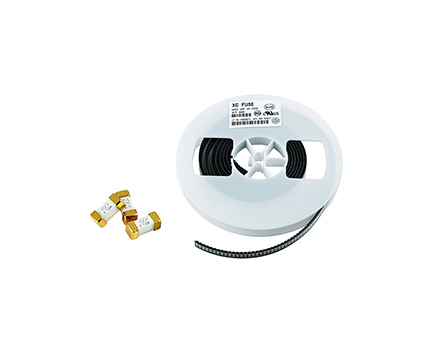
A general fuse consists of three parts: one is the melt part, which is the core of the fuse and plays a role in cutting off the current when blown. Fuses of the same type and specification should have the same material, geometric size, resistance value as small and consistent as possible, and the most important thing is to have consistent fusing characteristics. Household fuses are commonly made of lead antimony alloy lead; The second is the electrode part, which usually has two important components that connect the melt to the circuit. It must have good conductivity and should not generate obvious installation contact resistance; The third part is the support part. The melt of the fuse is generally thin and soft. The function of the support is to fix the melt and make the three parts a rigid whole for easy installation and use. It must have good mechanical strength, insulation, heat resistance, and flame retardancy, and should not produce phenomena such as breakage, deformation, combustion, and short circuit during use.
The fuses used in power circuits and high-power equipment not only have the three parts of a general fuse, but also have arc extinguishing devices. This type of fuse not only protects the circuit with a high working current, but also has a high voltage at both ends when the melt melts. Often, the melt has melted (melted) or even vaporized, but the current is not cut off, The reason is that at the moment of fusing, under the action of voltage and current, an arc pulling phenomenon occurs between the two electrodes of the fuse. This arc extinguishing device must have strong insulation and good thermal conductivity, and be negatively charged. Quartz sand is a commonly used arc extinguishing material.
Read recommendations: